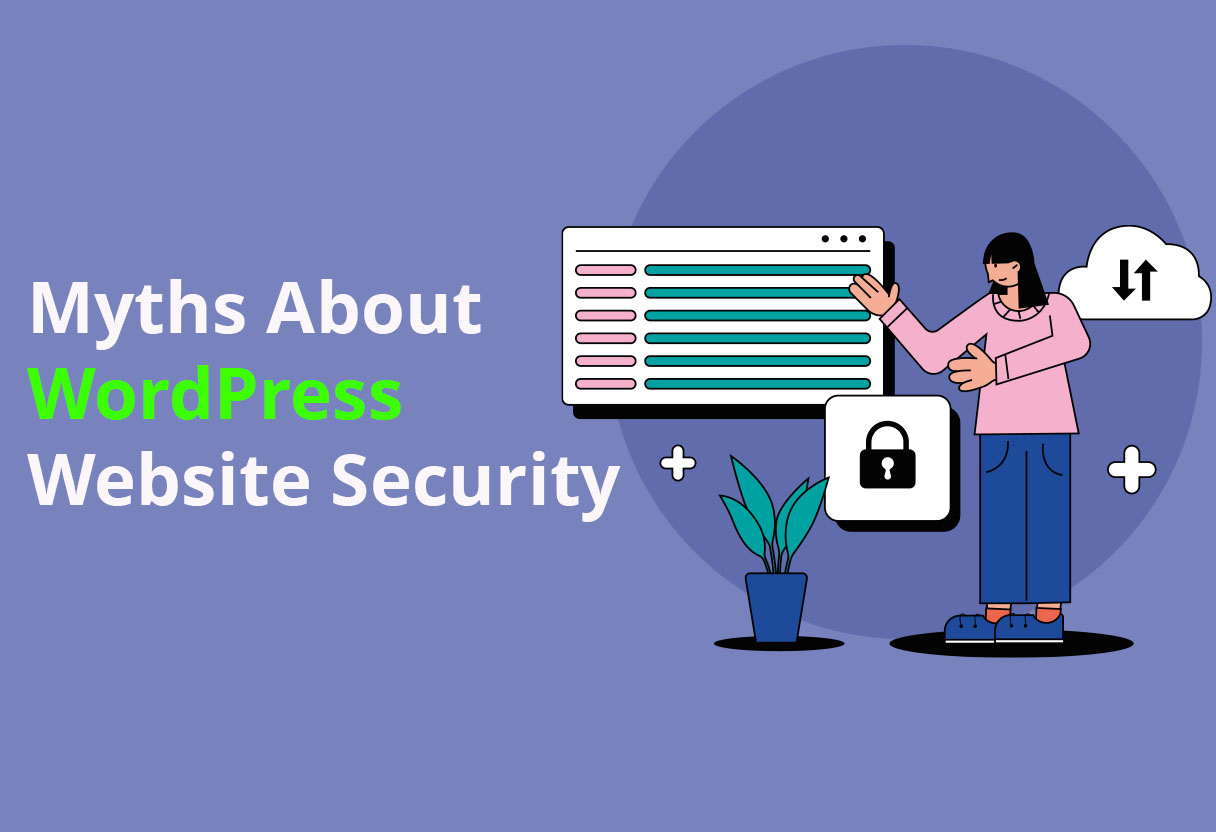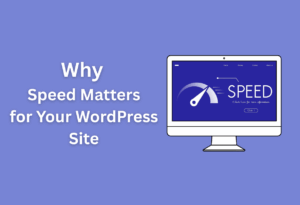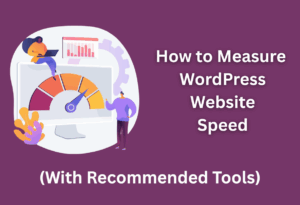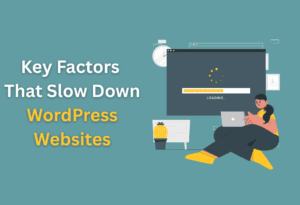Debunking the misconceptions surrounding WordPress website security is necessary for your online safety. You may have heard that WordPress is inherently unstable or that it’s immune to attacks, but these myths can leave your site vulnerable.
Understanding the truth behind issues like plugin safety, updates, and user awareness can help you protect your digital presence. By addressing these common myths, you can take proactive steps to enhance your site’s security and ensure a robust online environment.
Key Takeaways:
- WordPress is as secure as the effort put into maintaining it; using strong passwords, keeping themes and plugins updated, and implementing security plugins can significantly enhance its security.
- Many believe that WordPress is inherently insecure because of its popularity, but the real vulnerabilities often arise from poorly coded themes/plugins and neglecting updates.
- Regular backups and utilizing a reliable hosting provider can mitigate potential security threats and data loss, providing peace of mind for website owners.
Understanding WordPress Security
To ensure the safety of your WordPress website, understanding its security framework is important. WordPress, as a widely-used content management system, has a variety of features designed to protect your site from potential threats. However, knowing how these security measures work and what you can do to enhance them will empower you to create a safer online environment for your users and data. Additionally, integrating a website firewall can significantly bolster your site’s defenses by filtering out malicious traffic and preventing unauthorized access. By understanding the website firewall benefits for WordPress, you can safeguard sensitive information and reduce the risk of attacks such as DDoS or SQL injection. Regular updates and the use of strong passwords further reinforce your site’s security, ensuring that you maintain a robust shield against evolving cybersecurity threats.
Common Vulnerabilities
One of the most prevalent vulnerabilities in WordPress sites stems from outdated plugins and themes. Cybercriminals often exploit these outdated elements to gain unauthorized access or inject malicious code.
Additionally, weak passwords and poor user permissions can further compromise your site’s security, making it vital for you to stay vigilant and regularly update your security protocols.
Security Features of WordPress
Above all, WordPress comes equipped with built-in security features that help protect your site. These include user role management, two-factor authentication options, and various security plugins that add layers of protection.You can also configure settings like automatic updates to keep your site secure without constant oversight. Additionally, regular backups are crucial in maintaining the integrity of your site, enabling quick recovery in case of any breaches. Understanding the importance of WordPress security cannot be overstated, as a compromised site can lead to data loss and damage to your reputation. By staying proactive with updates and security measures, you ensure a safer experience for both you and your visitors.
Plus, the security benefits of WordPress extend beyond its built-in features. Utilizing plugins such as Wordfence or Sucuri can enhance your site’s defenses against malware and hacking attempts. Implementing measures such as SSL certificates and ensuring your site is hosted on secure servers are also vital steps towards maintaining a robust security posture. By being proactive with these features, you can significantly lower the risk of cyber threats to your website.
Myth 1: WordPress is Only for Blogs
There’s a common misconception that WordPress is only suitable for blogging. While it began as a platform for bloggers, it has grown significantly, enabling users to create diverse types of websites such as e-commerce stores, portfolios, forums, and more.
Today, WordPress powers over 40% of all websites on the internet, proving its versatility and capabilities beyond just blogging.
The Evolution of WordPress
Only a few years ago, WordPress was primarily a simple blogging tool. However, this platform has rapidly transformed into a comprehensive content management system (CMS).
It now offers a vast array of themes, plugins, and functionalities that empower you to create any type of website you can envision.
WordPress as a Versatile Platform
Before you dismiss WordPress as merely a blogging platform, consider its adaptability. With thousands of plugins and themes available, you can customize your website according to your specific needs. From business sites to online stores, your possibilities are virtually limitless when you harness the full potential of WordPress.
To truly appreciate WordPress’s versatility, it’s necessary to explore the extensive range of plugins and themes it offers. You can build an online store using WooCommerce, create interactive membership sites, or even set up a portfolio to showcase your work.
The flexibility of WordPress allows you to easily modify your website as your business grows and changes. By choosing WordPress, you not only secure a robust platform for your current projects, but also set the stage for your future endeavors.
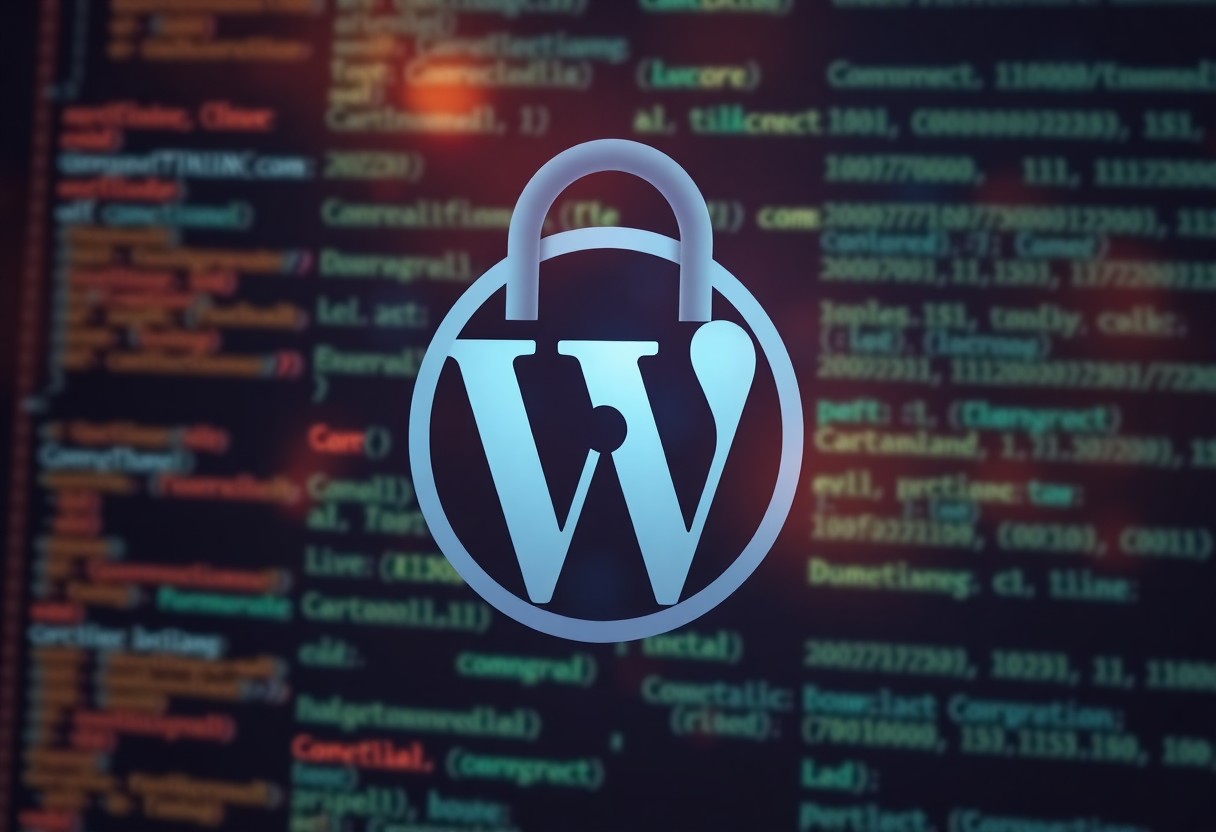
Myth 2: Only Large Websites are Targeted
All website owners often believe that cybercriminals are solely focused on large, reputable brands, leaving smaller sites unscathed. However, this is a dangerous misconception.
In reality, hackers frequently target smaller websites because they tend to have weaker security measures, making them easier targets. Your website, regardless of its size, can be at risk if you don’t take proactive steps to secure it.
Attacks on Small Businesses
At the heart of the issue, many small business owners underestimate the attractiveness of their sites to hackers. They may think, “We’re too small to matter,” but cybercriminals often use automated tools to search for vulnerabilities across the internet.
This means your business could be at risk. Protecting your site is crucial to safeguard both your financial data and your customers’ information.
Importance of Security for All Sites
Across the digital landscape, every website, regardless of its size, can benefit from robust security measures. When you prioritize security, you not only protect your data but also establish trust with your visitors.A strong security posture can help you avoid costly data breaches and potential legal repercussions, keeping your business reputation intact.
Due to the increasing frequency of cyberattacks, it’s vital that you understand the reality of online threats. Small businesses are often perceived as easier targets, making them appealing prospects for hackers.
By implementing effective security solutions, such as strong passwords and regular updates, you can significantly reduce the risk of data breaches. Additionally, improving your site’s security not only protects you but also comforts your customers, preserving their sensitive information. If every site takes security seriously, you contribute to a safer online environment for all.
Myth 3: Security Plugins are Enough
Your understanding of security plugins can lead you to believe that they alone are sufficient for protecting your WordPress site. However, relying solely on these tools can leave you vulnerable to attacks.
While security plugins do offer some protection, they should not be your only line of defense. True website security requires a multi-layered approach.
Limitations of Security Plugins
Limitations of security plugins include their inability to address all vulnerabilities, particularly those stemming from poor coding practices or outdated themes and plugins.
These tools can help detect and mitigate some threats, but you may overlook necessary aspects of security if you solely rely on them. Additionally, not all plugins are regularly updated or as effective against newer threats.
Comprehensive Security Strategies
Between using security plugins and implementing a comprehensive security strategy, there’s a significant difference in effectiveness. Relying solely on plugins might give you a false sense of security while ignoring other vital security practices.
Enough planning and action are necessary for effective website security. You should implement a multi-layered approach that includes regular backups, strong passwords, and keeping your WordPress core, themes, and plugins updated.
Additionally, consider employing firewalls and regular security audits to identify potential threats. Combining these strategies will offer you a more robust defense against cyber threats rather than depending solely on security plugins.
Myth 4: Regular Updates Aren’t Necessary
After many years of hearing that updates are merely optional, it’s time to debunk this myth. Regular updates play an vital role in maintaining the integrity of your WordPress website.
Whether it’s the core WordPress software, themes, or plugins, neglecting updates can expose your site to vulnerabilities that hackers actively exploit.By staying current, you ensure that your website has the latest security enhancements and bug fixes, serving as your first line of defense against potential threats.
The Importance of Keeping Software Updated
After realizing that updates are important, focus on how they help maintain a secure environment for your site. The various components that make your WordPress site run smoothly require constant attention, as technology and security measures evolve.
Regular updates not only improve the performance of your site but also address any hidden vulnerabilities that could compromise your data and the user experience.
How Updates Enhance Security
An vital aspect of website security lies in the timely updates of your WordPress components. Updates often include patches for identified vulnerabilities, reducing the likelihood of successful attacks.
Installing these updates quickly ensures that your site is fortified against potential security breaches, allowing you to focus on growing your business rather than worrying about threats.
Due to the ever-changing landscape of online threats, the need for timely updates cannot be overstated. Security teams consistently identify new vulnerabilities within WordPress and its plugins.
When you hesitate to update, you leave your site exposed to these emerging risks. Software updates not only repair existing flaws but also enhance your site’s defenses against possible attacks. By updating regularly, you significantly lower the chances of your site becoming a target, ensuring a safer online experience for both you and your visitors.
Best Practices for Enhancing Security
Now that you understand the myths surrounding WordPress security, it’s necessary to implement best practices to enhance your website’s protection. Regularly updating your WordPress core, themes, and plugins will help shield your site from vulnerabilities.
Utilizing strong passwords, enabling two-factor authentication, and limiting login attempts can further bolster security. Additionally, choosing a reliable hosting provider with security features adds an extra layer of defense against potential threats.
User Management and Permissions
With effective user management and proper permissions, you can significantly reduce the risk of unauthorized access to your website. Assign roles to each user based on their needs and limit administrative privileges to only those necessary. Regularly review user accounts and remove any stale or inactive ones to keep your site secure.
Backup and Recovery Solutions
With a robust backup and recovery solution in place, you can safeguard your WordPress website against data loss and potential hacks. Regularly backing up your site ensures that you can restore your data in case of an unfortunate event.
Recovery from a security breach can be challenging, but having a strong backup strategy makes it much easier. Utilizing automated backup plugins allows you to schedule regular backups, ensuring your data is consistently saved.
In the event of a security incident, you can swiftly restore your website to its previous state, minimizing downtime and mitigating potential losses. Make it a habit to keep multiple copies of backups in different locations for added safety against data loss.
To wrap up
Summing up, understanding the myths surrounding WordPress website security empowers you to make informed decisions about your site’s protection. By recognizing that WordPress is not inherently insecure, you can implement the right measures to keep your site safe.
Utilizing strong passwords, regularly updating your plugins, and employing security plugins all contribute to a fortified defense. With the right knowledge and tools, you can confidently manage your WordPress site without falling prey to common misconceptions about its security.

